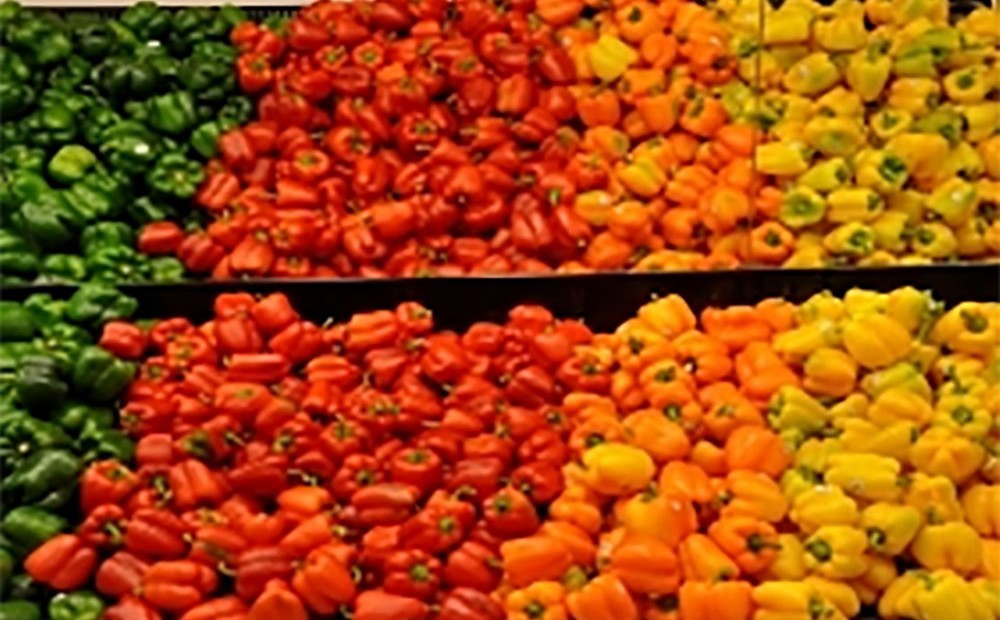To answer that question, we have to first shed some light on the agricultural sector in Kenya, and Africa in general. In today’s method of agriculture, it has become the norm to use the same age-old agricultural practices that were passed on to us by our forefathers, and we have since adopted that as the only way to do it. But, their agricultural methods, however, was only useful for that particular age it was created for. The old methods have become obsolete and they would not be economical in the present day. You may ask what are my reasons for making such a claim.
The farmers are normally accustomed to growing a variety of food crops that generally grow well in a particular season, and after harvesting they sell off the produce at the market. You will notice a couple of problems that arise from this situation – the first one is that this farmer would definitely not be the only one selling the particular crop in the market, and so there will be a glut in the market. Our basic economics tells us that this will mean the prices automatically go down – supply versus demand. The second problem is that these small and marginal farmers who are left at the mercy of the middle men and brokers are forced to sell at a lower price. These middle men and brokers, who buy from the farmers re-sell in the cities and major towns at a much higher price.
So, how do we get to the root of this issue and solve it? In the course of my readings, I stumbled upon a very interesting story from Ethiopia, where one woman, Dr. Eleni Gebre Medhin, a former senior economist for the World Bank helped establish a commodities exchange in April of 2008.
The Ethiopia Commodity Exchange (ECX) as of the last year handles commodities such as coffee, sesame, haricot beans, maize and wheat. It has over 256,000 mobile subscribers who are connected via instant messaging, the radio, TV and print media. The price and date is transmitted in real time to outdoor electronic ticker boards in 32 rural sites all over the country, and you would be surprised to know that in September 2011, the service received more than 1 million calls for the month, with 70 percent being from rural callers.
What does this type of market do? It usually trades future contracts on commodities. A deal is signed with a contract to receive something, say beans or any other commodity, in a certain month in the future – probably months or even years away – even before the crop has even been planted. The farmer who will plant and grow the beans sells the future contract on his beans to the market, where after harvesting, he will receive a guaranteed price that will be paid to him when he delivers. And, on the other side, you have the buyer – who maybe a canned bean manufacturer – who after buying the future contract from the farmer, is also guaranteed a pre-determined price at the time of harvest. This protects the farmer and the buyer from price fluctuations.
Adoption and establishment of such a concept in the Kenyan market will reduce losses to the buyer and the seller. When you enter into a future contract, you can only grow an exact amount of produce that you are assured you will sell and thus save on costs, and maximize the use of resources available. This will save you the opportunity cost that would have been lost if you had diverted that capital to unproductive farming.



















